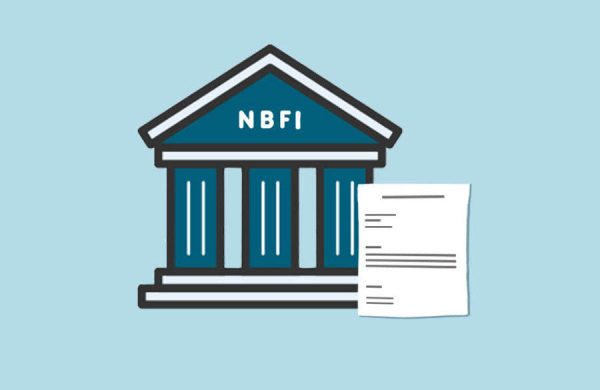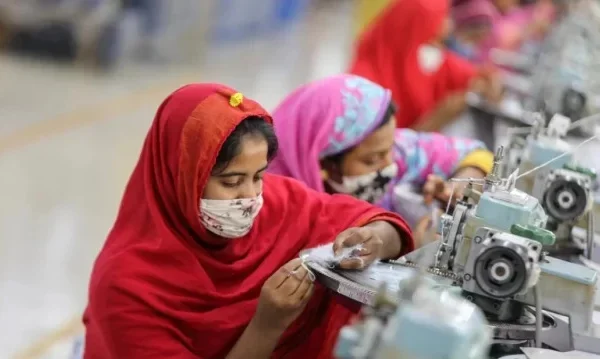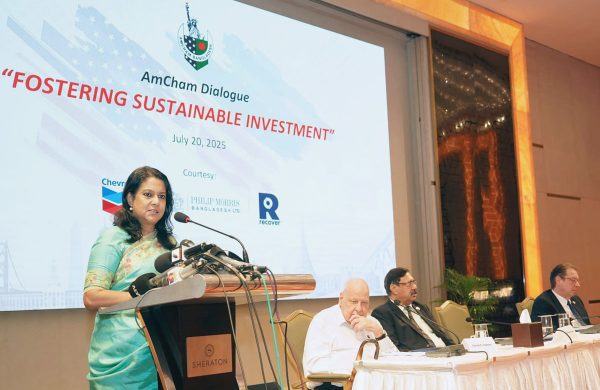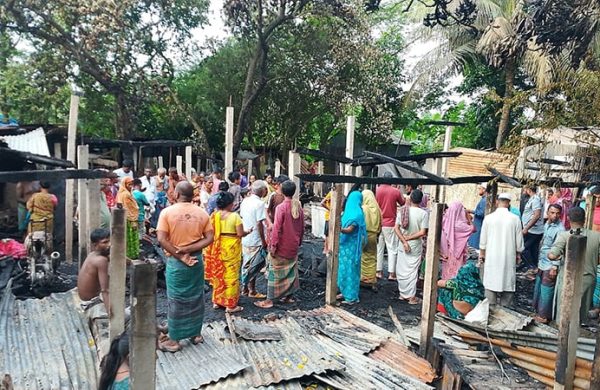FY25 inflation hits 14-yr high
- Update Time : Sunday, July 20, 2025
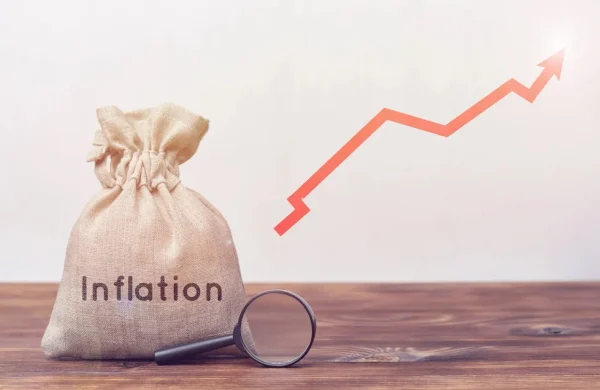
Staff Correspondent:
In a small one-room home in Dhaka’s Kallyanpur slum, Rupali Begum, a 35-year-old domestic worker and mother of one, stares blankly at a bag of rice. What she could once buy in full five years ago, she now gets only half – and even that costs nearly twice the price.
“I used to cook meat twice a week. Now, even lentils feel like a luxury,” she says, as tears well in her eyes.
Rupali earns Tk9,000 a month. But with food inflation averaging 10.73% in the fiscal year 2024-25 (FY25) – the highest in over a decade – over 70% of her income now goes to food alone. Her electricity bill has crept up, bus fares have risen again, and the local grocer no longer lets her buy on credit.
“I don’t know how much longer I can go on like this,” she says, her voice thick with exhaustion.
Rupali’s story mirrors the reality faced by millions across Bangladesh as FY25 closed with the highest average inflation in 14 years, at 10.04%, despite a gradual decline in monthly inflation over the last half of the fiscal year. Food prices led the surge, placing enormous strain on low- and middle-income households, especially as wage growth stagnated at just 8.1%, widening the gap between earnings and the rising cost of living.
The fiscal year began on a record-breaking note. In July 2024, general inflation hit an all-time monthly high of 11.66% (according to available data), while food inflation reached a record 14.1%.
Although both metrics showed a consistent downward trend in the second half of the year – general inflation falling from 9.94% in January 2025 to 8.48% in June, and food inflation declining from 10.72% to 7.39% over the same period – the full-year averages reflect the lasting impact of elevated prices throughout much of the fiscal.
“Inflation has been on an upward trend for the last three years, putting significant pressure on household livelihoods,” Dr Fahmida Khatun, executive director of the Centre for Policy Dialogue (CPD), told the media.
“Wages and salaries have not increased in line with rising costs, forcing people to cut back on essential and non-essential expenses. As a result, the standard of living has declined for many,” she added.
“People are depleting their savings just to get by. Those who were just above the poverty line are now at risk of falling below it. Even the middle class is struggling to maintain their previous quality of life.”
Food inflation, in particular, has been a key driver of economic distress. Rice – the staple grain for most households – saw sustained price increases throughout the year, disproportionately affecting the working poor and those on fixed incomes.
Multiple factors have contributed to the inflationary pressure. Global commodity price volatility, fuelled by extended geopolitical tensions, has pushed up the cost of imports. The depreciation of the Bangladeshi Taka has further inflated the price of essentials such as food and fuel.
Domestically, the post-pandemic recovery led to a surge in demand, but supply has struggled to keep up. Logistical disruptions, including ongoing fuel shortages, have further limited the availability of goods and services.
Meanwhile, non-food inflation averaged 9.48%, reflecting rising costs in critical areas such as healthcare, education, housing, and clothing – all of which continue to weigh heavily on urban and rural households alike.
“For several years now, food inflation has consistently stayed in double digits. Food prices are heavily influenced by nature, and while there was a brief dip, prices typically begin rising again from July,” said eminent agricultural economist Dr Jahangir Alam.
“Prices of essentials like rice and potatoes have already started to increase. Rising production costs are a key factor behind food inflation, but the government’s investment in agriculture has not kept pace with other sectors.”
“To ensure food security, our agricultural output needs to grow by at least 5% annually. Unfortunately, production is not increasing at that required pace.”
“Increasing domestic production is critical, but we must also tackle manipulation by middlemen and market syndicates. Without breaking these syndicates and expanding output, inflation will remain beyond control.”
The disconnect between inflation and wages has become increasingly pronounced. Since FY23, wage growth has consistently lagged behind price increases. FY25 marked another year where workers’ earnings failed to cover rising expenses.
“When inflation persists over a long period, it disproportionately affects people with fixed incomes and the poor. The wealthy remain relatively unaffected. This leads to increased inequality,” warned Dr Fahmida Khatun.
“We are now facing a situation where GDP growth is slowing while inflation is rising – this is a dangerous combination. The overall economic and social impact could be profoundly negative.”
A new report from the World Bank – the Bangladesh Development Update 2025 – further underlines the growing impact of inflation. It estimates that nearly 3 million additional people may fall into extreme poverty this year, pushing the extreme poverty rate from 7.7% to 9.3%. The national poverty rate is also expected to rise – from 20.5% to 22.9% – meaning that almost 39 million people, or one in every four Bangladeshis, could be classified as poor.
“This is not just a temporary spike. We are witnessing persistent, structural inflation driven by supply-side disruptions, Taka depreciation, and global volatility. The poor are being priced out of nutrition,” said Dr Mustafa K Mujeri, executive director of the Institute for Inclusive Finance and Development (InM) and former Chief Economist at Bangladesh Bank.
“In urban areas, rent, food, and transport costs have skyrocketed. But wages, particularly in the informal sector, have stagnated. This mismatch is squeezing the working class into deeper poverty.”
In an effort to curb inflation, the Bangladesh Bank has raised policy interest rates. However, the effectiveness of monetary tightening has been limited, especially for rural and low-income urban populations who continue to face high prices and little relief.
“We can’t rely on macro tools alone. Inflation is now a humanitarian issue. The government must urgently scale up targeted subsidies, social protection schemes, and food rationing programs to protect the vulnerable,” Dr Mujeri added.


